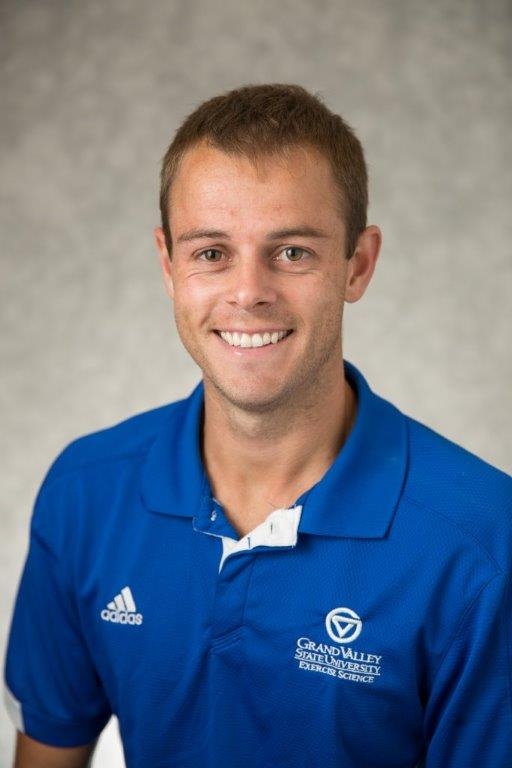Capacity-Building Grants for Faculty Mentors
CLAS Supplementary Start-up Funds: Kyle Barnes

Dumbbells for Your Diaphragm – Inspiratory Muscle Interval Training.
Inspiratory muscle training (IMT) is a form of resistance training for the muscles primarily involved in the processes of breathing using a resisted respiratory breathing trainer (essentially dumbbells for your diaphragm). Studying IMT is important because the benefits can not only enhance athletic performance, but also improve the quality of life for individuals with pulmonary disorders. Currently, our understanding of how IMT improves respiratory function is limited because the effects of IMT have only been investigated using fixed resistances over a set number of breaths. However, like weight training in a traditional gym, my students and I have previously shown that IMT at light compared to heavy resistances elicits different physiological responses like disparities in respiratory strength, airflow, and volume of air consumed. I’m now looking for students who are interested in working with me to determine the effects of inspiratory muscle interval training (IMIT). To accomplish this, we will use an automated resisted breathing trainer set to a combination of light, moderate, and heavy resistances during the same IMIT session. The results we obtain will enable us to determine if IMIT (using variable resistances) is more effective at eliciting enhancements in respiratory function than IMT (using fixed resistances), which could inform future practice in clinical and athletic populations.
If you’re interested in working with Dr. Kyle Barnes in the Movement Science Department on this research project or others related to the physiological, biomechanical, and neuromuscular mechanisms affecting changes in running economy and the implications they have on competition performance, please email him at [email protected].
Share this spotlight
Return to the listing of capacity-building grants for faculty mentors.

